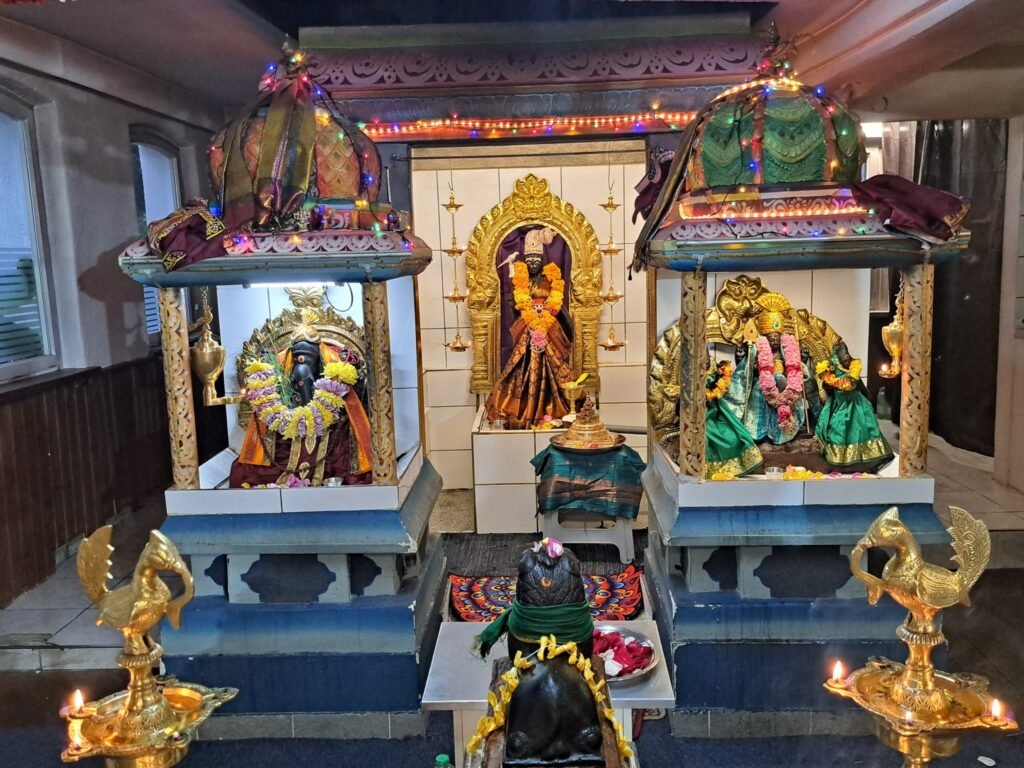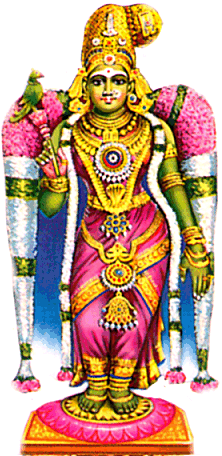
Navaratri Viratham is a fasting period observed by devotees during the Hindu festival of Navaratri, which lasts for nine days and nights, celebrating the Divine Feminine, primarily Goddess Durga. Devotees engage in various observances, including maintaining a vegetarian diet, abstaining from pungent foods and alcohol, and performing daylong fasts that end with a single meal at sunset. The purpose of the fast is spiritual cleansing and reflection, marked by prayer and rituals focused on invoking the goddesses‘ blessings for protection, prosperity, and spiritual growth.
Key Aspects of Navaratri Viratham
Duration: The fast is observed for the nine days of the Navaratri festival.
Dietary Practices:
Vegetarian meals: Devotees consume a vegetarian diet.
„Sattvik“ food: This refers to pure, vegetarian meals made without onions, garlic, or processed ingredients.
Fasting: Some devotees fast for the entire day, breaking their fast with a single sattvik meal at sunset.
Purpose of Fasting:
Spiritual Cleansing: The fast is a means of purifying the body and mind.
Religious Reflection: It is a period for introspection and focusing on spiritual devotion.
Seeking Blessings: Devotees pray for health, protection, and prosperity from the Divine Feminine.
Food Restrictions: Devotees avoid grains, pulses, meat, eggs, seafood, and alcoholic beverages during the fast.
Culmination: On the tenth day, Vijaya Dashami, the fast ends after the main festival, marking the victory of good over evil.
What You Can Eat During the Fast
Fruits and vegetables such as potatoes, sweet potatoes, pumpkin, and bottle gourd.
Milk and dairy products like curd, paneer (cottage cheese), and ghee.
Specific flours like kuttu (buckwheat) flour and singhara (water chestnut) flour.
In essence, Navaratri Viratham is a disciplined spiritual practice involving dietary restrictions and prayers, aligning with the broader celebration of Navaratri to honor the Divine Feminine and promote inner purity.
